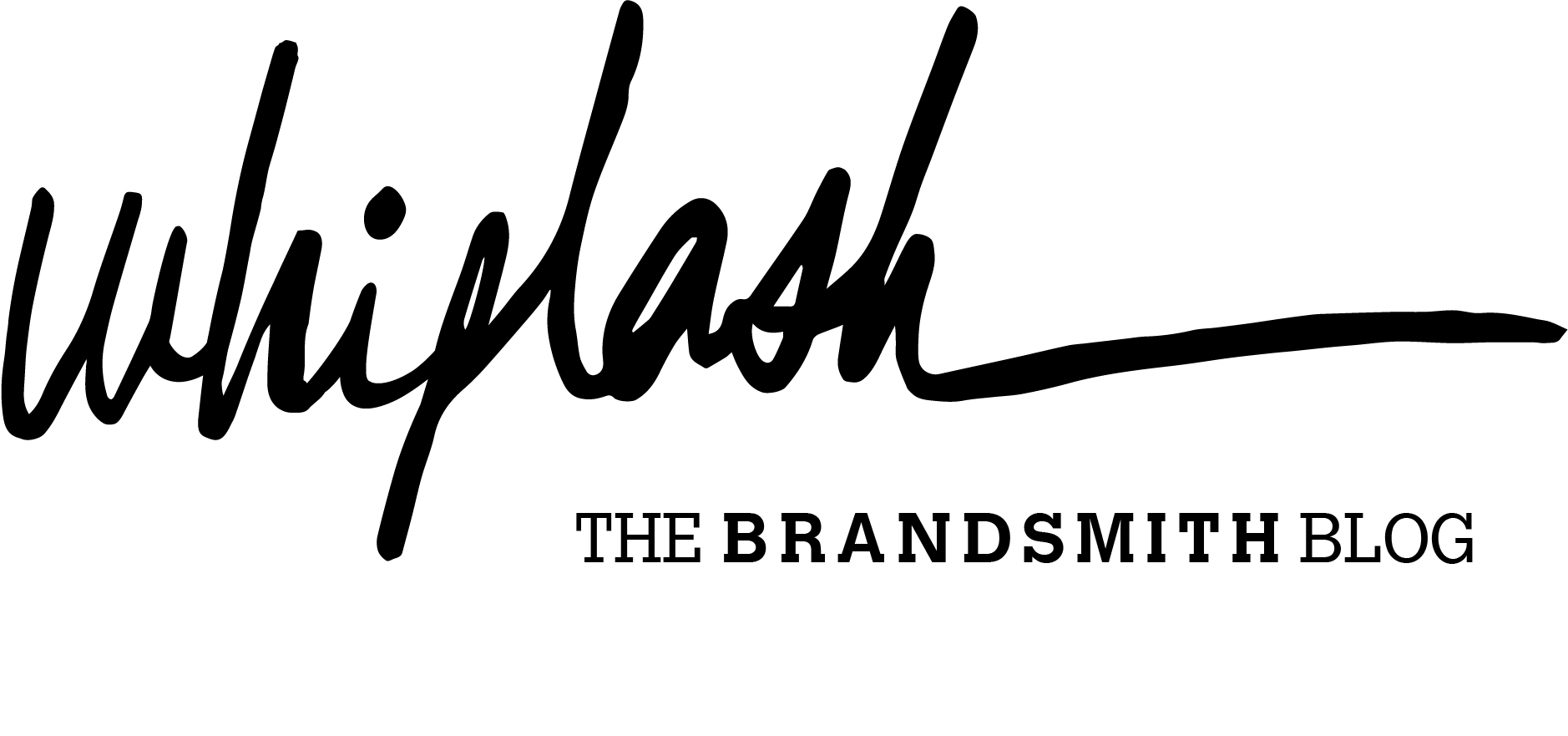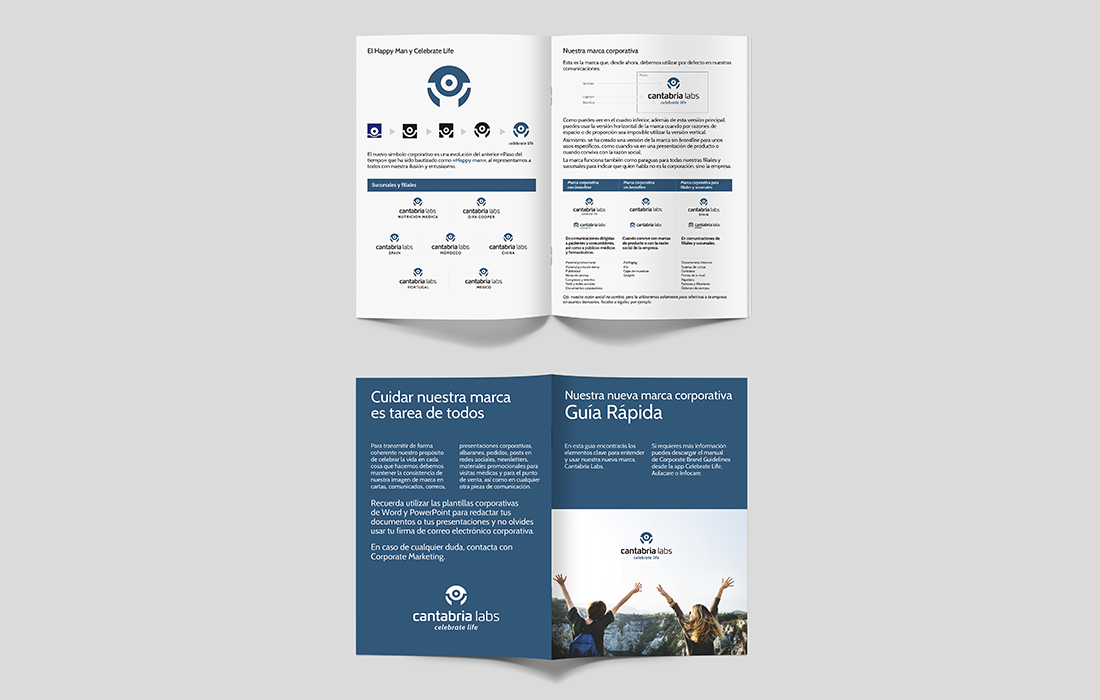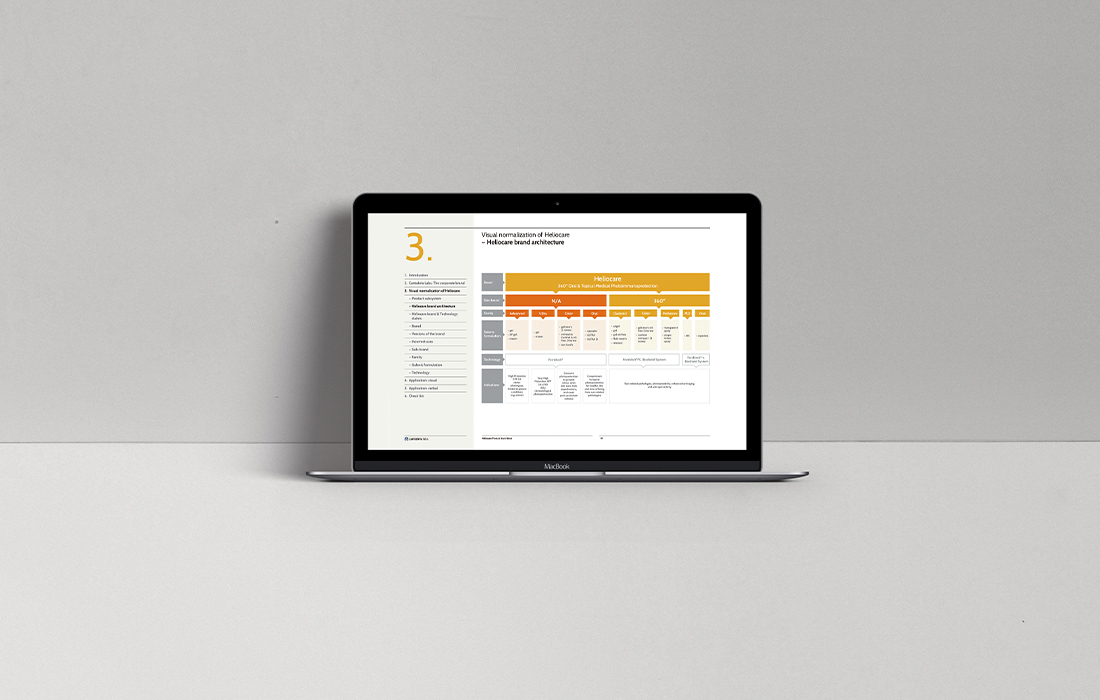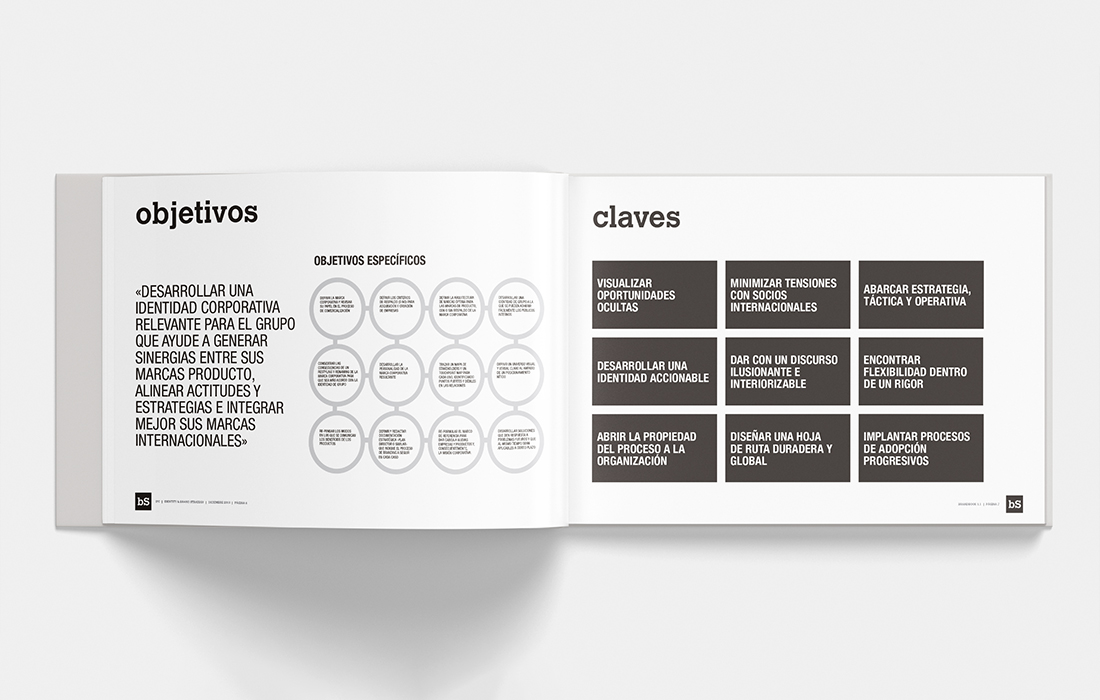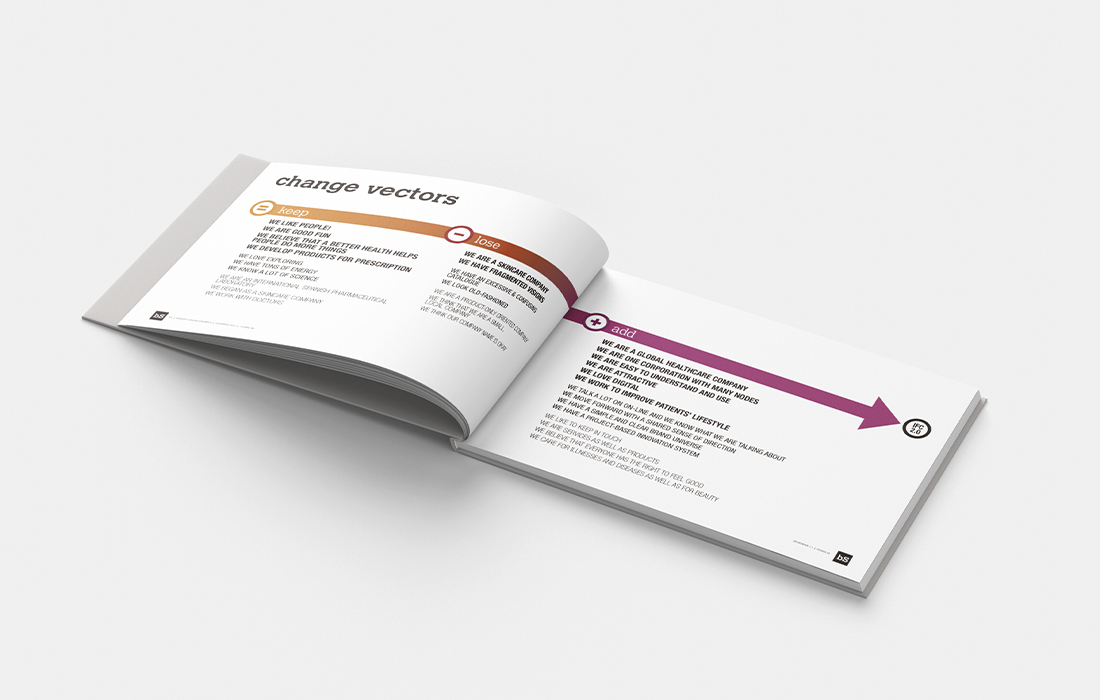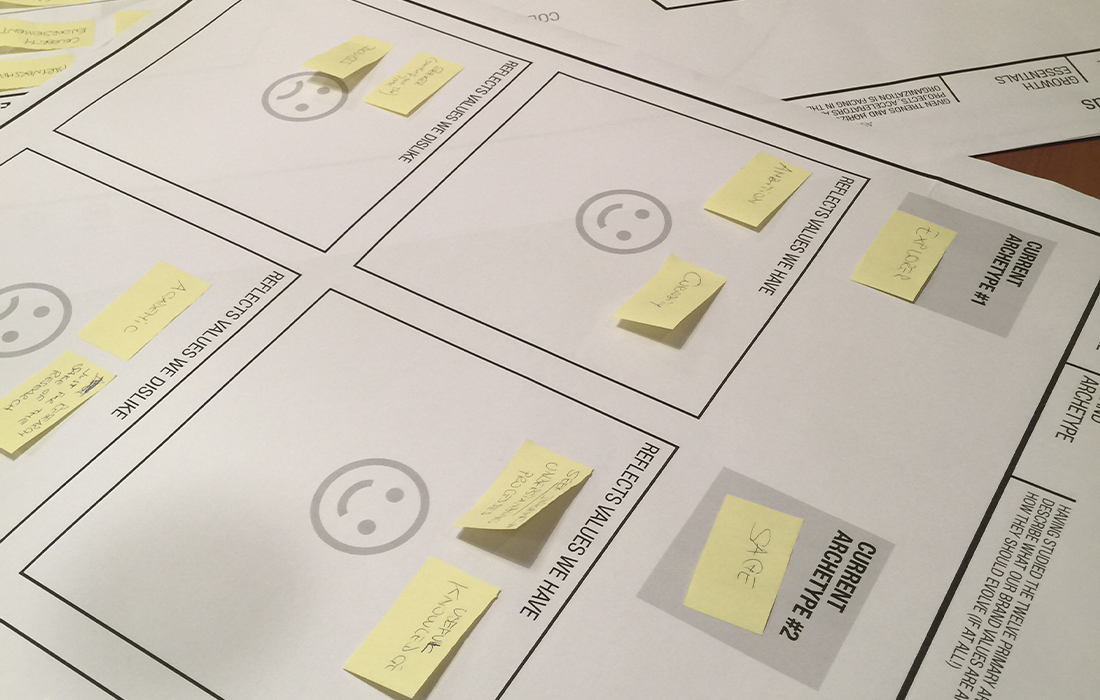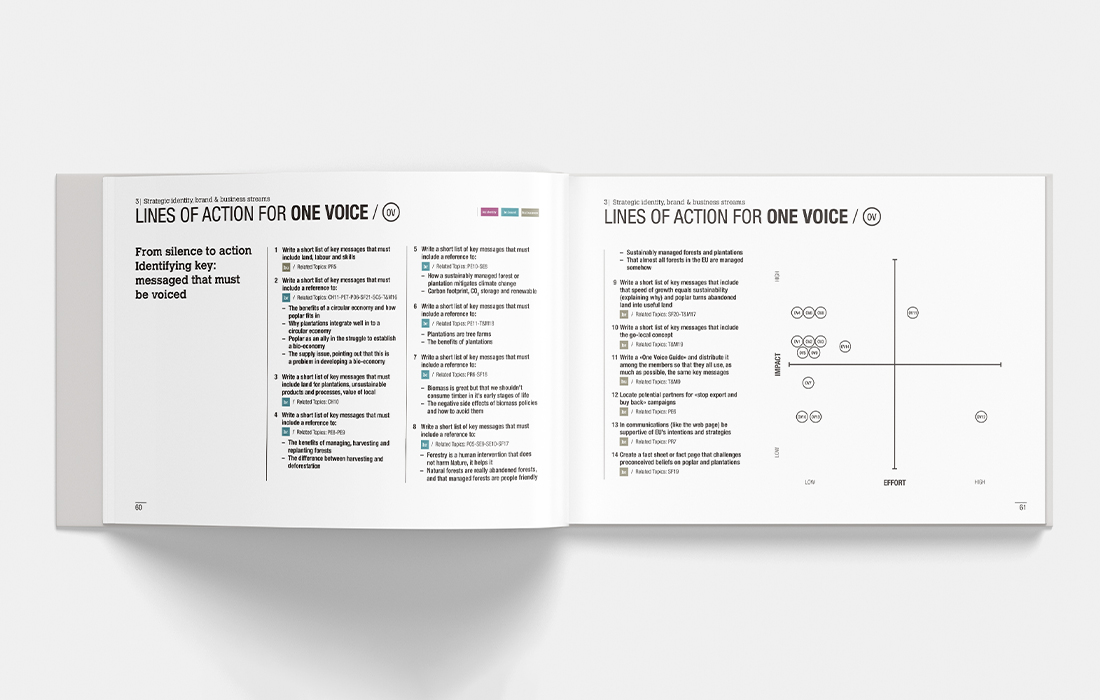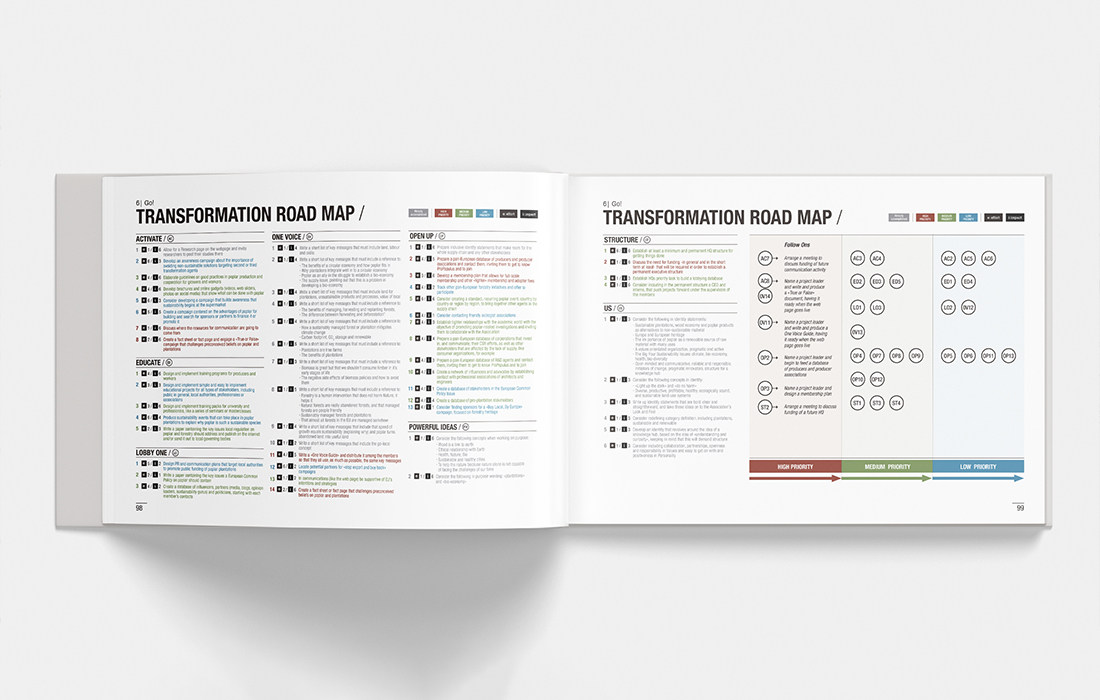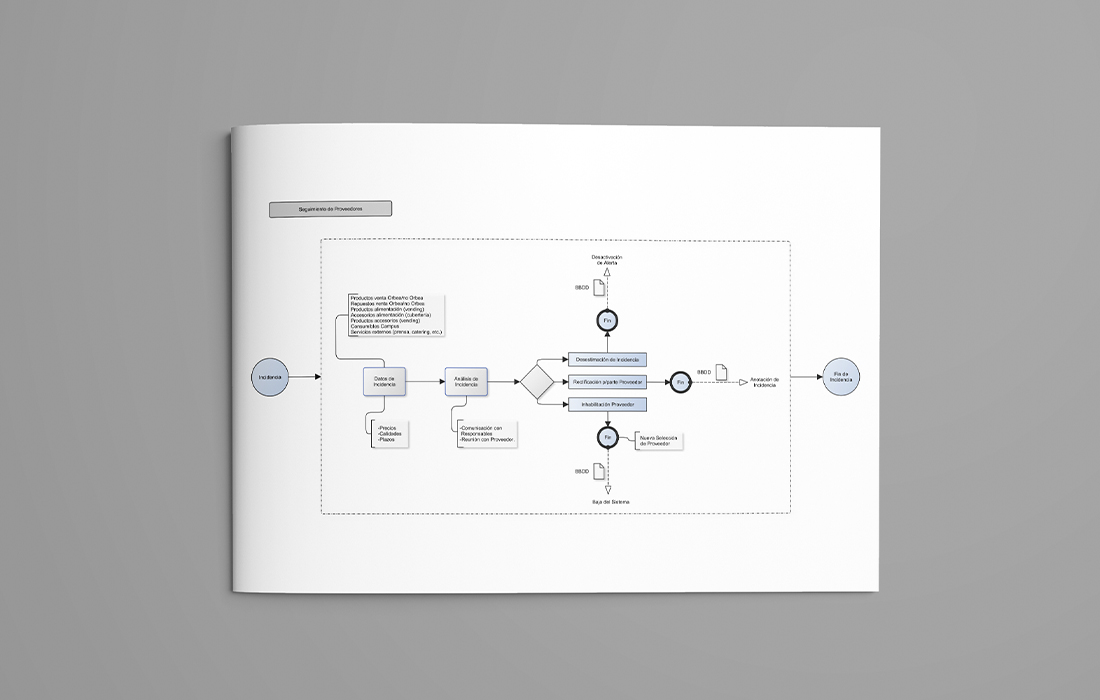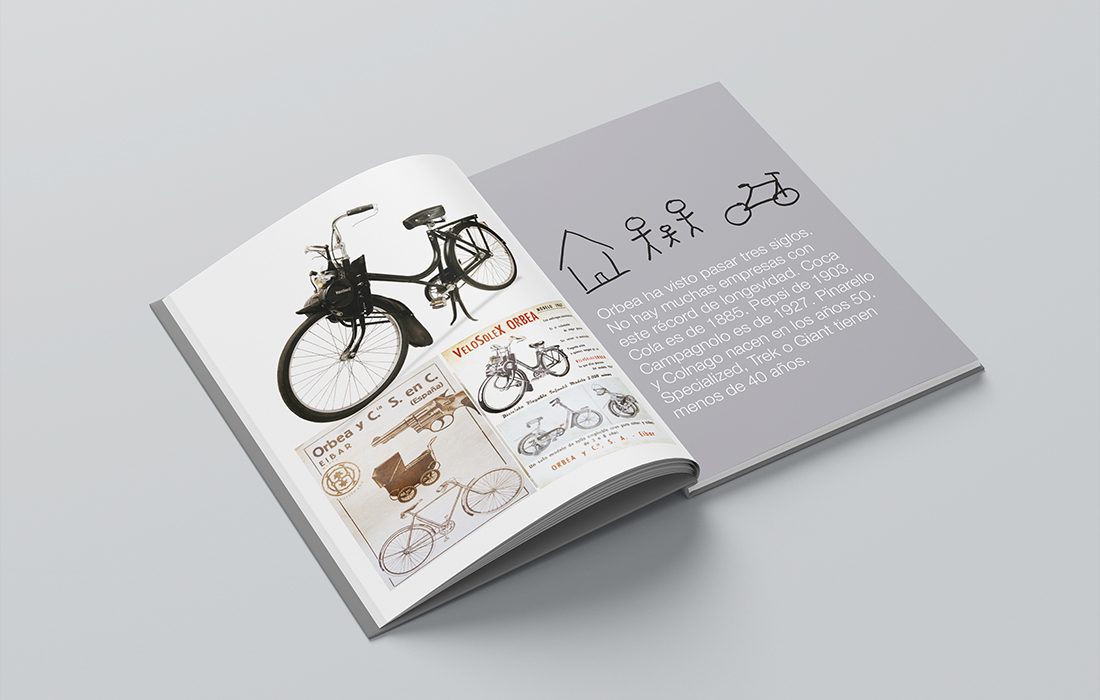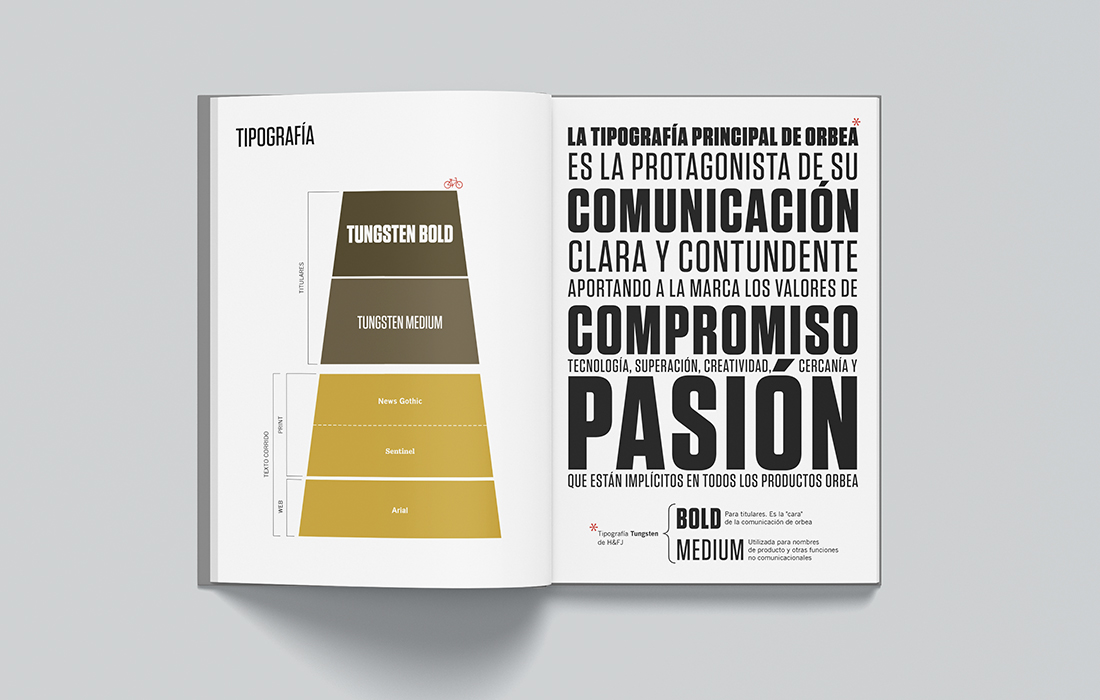
17 Jan Gillette defends its values despite the financial cost
Whiplash Team. January 2019
Gillette defends its values despite the financial cost
Earlier this week, with the release of its new ad “We Believe: The Best Men Can Be”, the historic brand Gillette sparked one of the most viral reactions on social media in recent months.
In less than 48 hours the video, published on its official YouTube channel, had over 300,000 dislikes versus 67,000 likes, while thousands of Twitter users, including actor James Wood and other notorious figures, threatened to boycott the brand. Gillette, however, remained firm in its position, reinforcing, in a statement posted on it’s website, it’s commitment to encouraging men to get the best out of themselves and “promoting positive, attainable, inclusive and healthy versions of what it means to be a man.
For those who haven’t seen it yet –in the first four days, it had 16,187,321 views–, the ad begins with the question “Is this the best a man can get?”, giving a twist to the tagline “The best a man can get”. Meanwhile, the images portray a series of behaviors that include, among others, bullying, fighting, and sexual harassment. The ad, which is part of the “We Believe in the Best in Men” campaign, continues with a voice over urging men to stop making excuses and justifications, and concludes by showing images of men assuming an attitude of responsibility towards other men’s reprehensible behavior and emphasizing that today’s children will be the men of tomorrow.
According to a company statement, the campaign’s aim is to promote a more positive male role model, but it has caused a high percentage of its users to feel attacked. In response to the controversy, different Gillette spokespersons have pointed out to media in the United States that it is an expected debate: “Discussion is necessary. For every negative reaction we have seen many positive reactions, people rate the effort as brave, timely, intelligent and very necessary. Long story short, what matters is to start a conversation. This makes people pay attention to the issue and encourages them to consider taking steps to make a difference. “
In addition, the company has announced that it will donate one million dollars annually over the next three years to non-profit organizations that carry out awareness programs in the United States to help men become role models for the next generation, inspiring respect and responsibility.
Gillette’s circumstance evokes that of Nike, in September 2018, when users also reacted violently against Colin Kaepernick in the “Just do It” campaign. The controversial advertising signing generated at that time a fall of 3% in the shares of the sports giant, which, however, remained firm in the defense of its values despite the financial cost.
This was unthinkable a few years ago. With some exceptions, the defense of a cause by companies was unlikely, and given the negative reaction of consumers and the prospect of losing market share, brands would have rectified or withdrawn the campaign. But things have changed. Today, users demand that organizations to actively engage with the demands and needs of society and demonstrate that their commitment is for real. In this context, as the marketing expert Sonya Gruer points out, “companies decide how to approach different issues based on how they define their purpose and mission. However, they run the risk of losing those users who have different visions. “
Gillette and Nike cases show that these companies have internalized the notion that a social commitment imbricated in its intrinsic purpose transcends the merely economic and that the coherence and consistency with the ought to be of the organization, in the long run, have a positive impact on the income statement. This is the difference between companies that take actions based on conviction and those that do it obliged by the circumstances, the first will remain firm in their position despite the financial costs of their decision.

